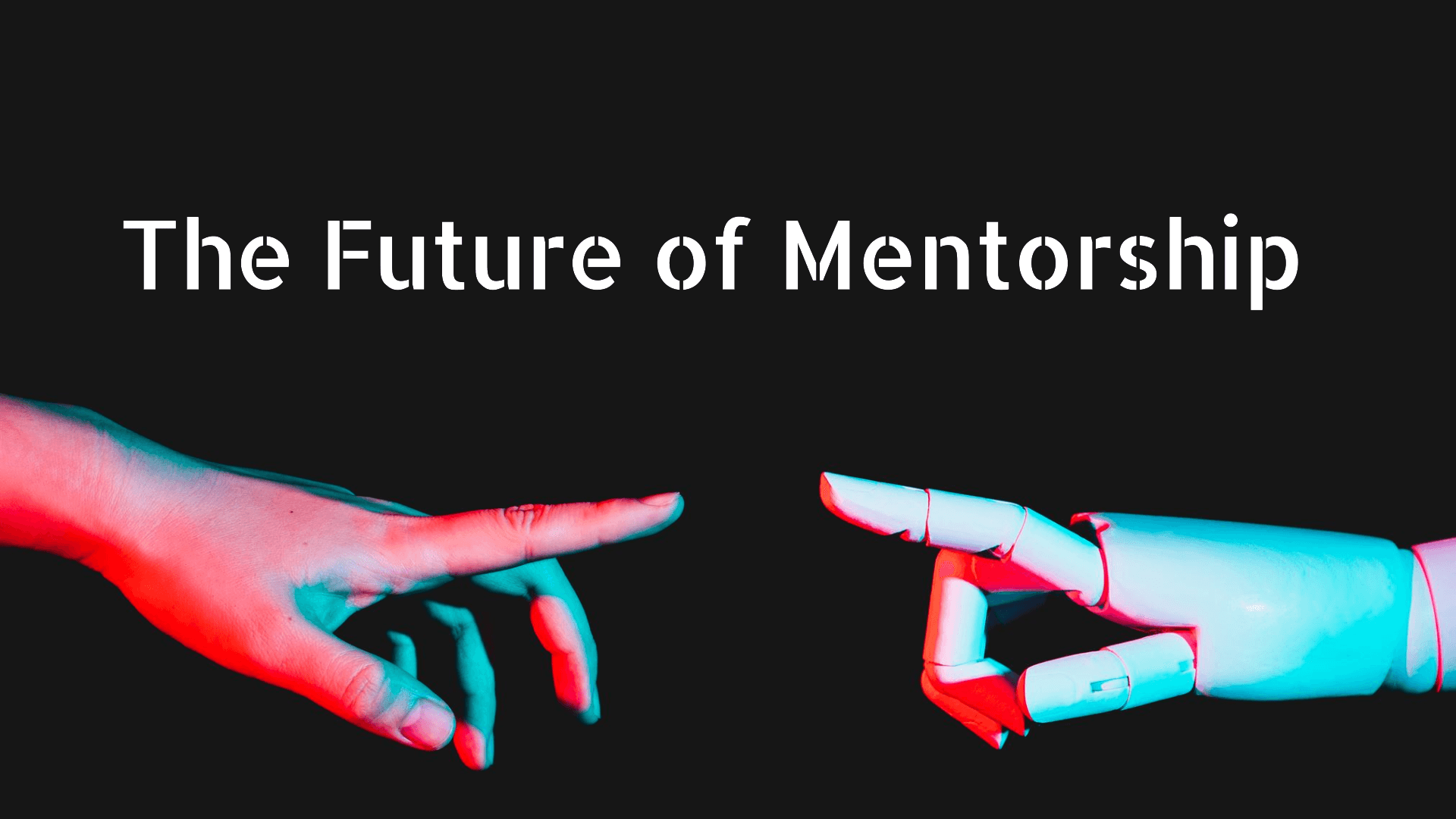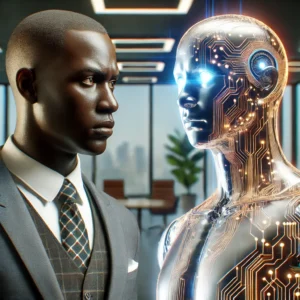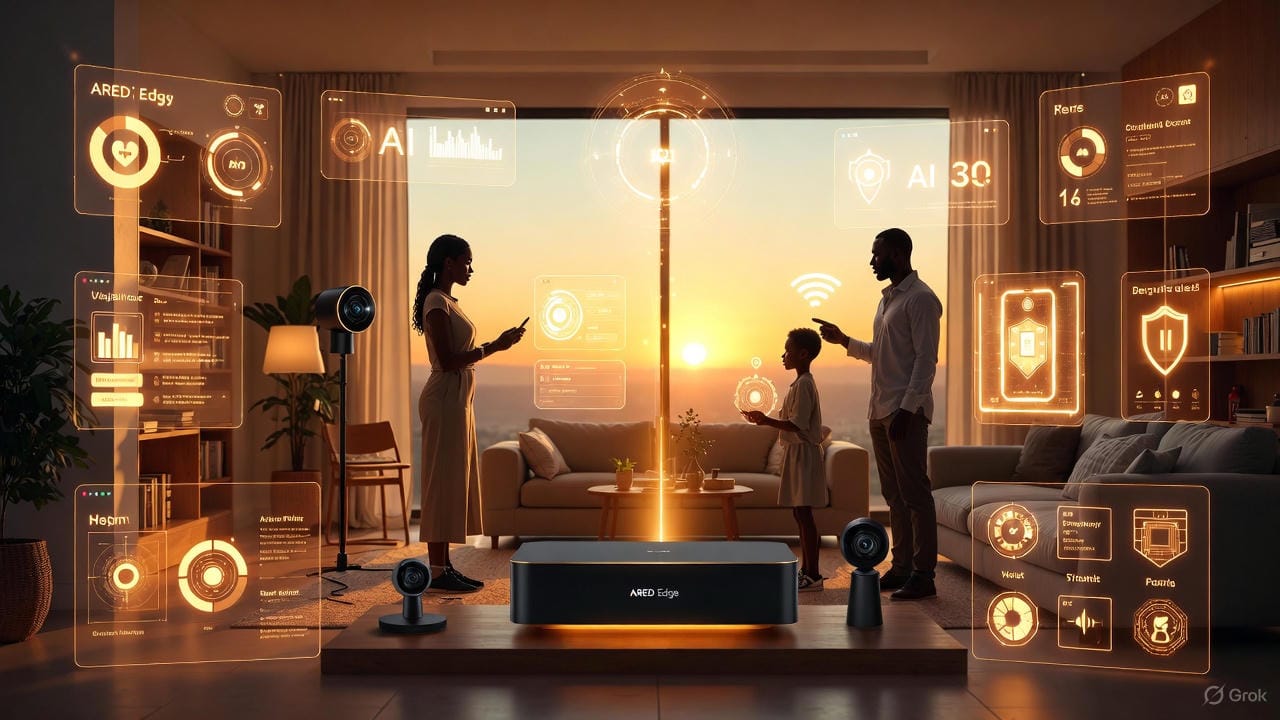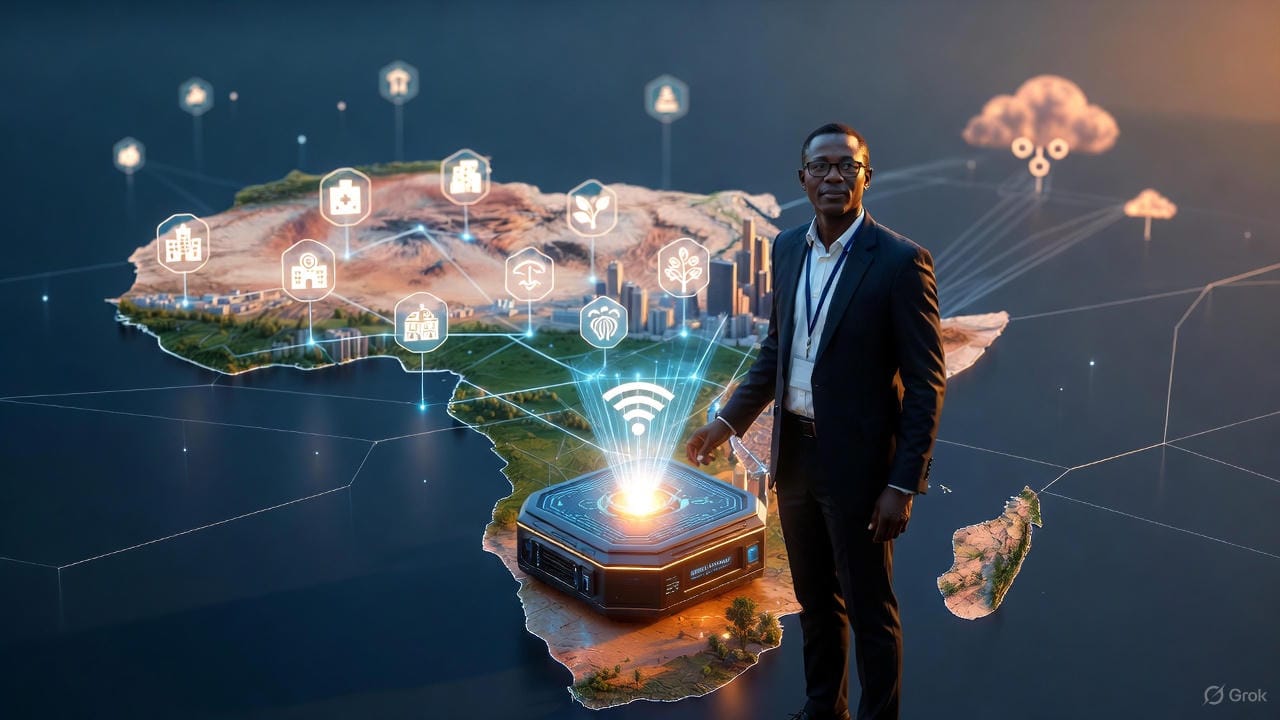
Is AI Making Human Mentors Obsolete? The Rise of AI-Driven Mentorship
Introduction
For centuries, mentorship has been the foundation of personal and professional growth, where experienced individuals guide their mentees toward success. But with the rise of Artificial Intelligence (AI), a major shift is occurring. AI-driven mentorship is becoming increasingly popular, and some argue that it could replace the need for human mentors altogether. With its ability to provide real-time, data-driven insights across various fields, AI is challenging the very essence of traditional mentorship.
But here’s the controversial question: Is AI making human mentors obsolete? Could an algorithm, trained on vast datasets, really offer better advice than a human with decades of experience?
In this article, we’ll explore the growing role of AI in mentorship, its potential advantages, and whether AI will truly replace human mentors in business, career development, and personal growth.
The Rise of AI-Driven Mentorship
As AI technology has evolved, so has its potential to serve as a mentor across a wide range of fields. AI models, like ChatGPT, are now trained on billions of datasets, from books and articles to real-world business case studies. These models have access to a massive repository of information, allowing them to provide tailored advice instantly.
But what makes AI so compelling in the mentorship space?
- Unmatched Knowledge Base
AI can pull from vast amounts of information to offer data-driven advice. Whether it’s analyzing financial trends, offering business strategies, or even providing career advice, AI has a wider knowledge pool than any single human mentor. - Instant Feedback
Waiting days or weeks for a mentor’s availability can be frustrating, especially in fast-paced industries. AI offers immediate, real-time insights. You can ask a question and receive a tailored response in seconds—no scheduling required. - Personalized Learning and Growth
Through the power of prompt engineering, users can interact with AI and shape the direction of the advice they receive. Whether you’re looking for business mentorship or career guidance, AI adapts to the context and provides deep, targeted feedback. - Availability at Scale
A single mentor can only handle a few mentees at a time. AI mentorship can scale infinitely, offering guidance to thousands or even millions of people simultaneously. This opens up mentorship opportunities to those who otherwise wouldn’t have access.
But does all this mean that AI is truly replacing human mentors? Let’s take a closer look at the advantages and limitations of AI-driven mentorship.
The Advantages of AI-Driven Mentorship
1. Unbiased and Data-Driven Insights
Human mentors, while experienced, can carry biases from their personal experiences. Whether consciously or unconsciously, their advice may be colored by their own life stories and opinions. AI, on the other hand, provides objective, data-driven insights. Since AI pulls from a wide variety of sources, it offers more balanced and unbiased recommendations.
For example, a startup founder might ask a human mentor whether to enter a specific market. The mentor’s advice may reflect personal biases from past successes or failures. AI, however, can analyze market trends, consumer behavior, and competition in real-time, providing a fact-based recommendation that’s free from personal bias.
2. Instant, Real-Time Guidance
AI is always available, providing real-time responses at any hour. Need advice on launching a product at midnight? AI can analyze the latest trends, offer tailored recommendations, and help you pivot on the spot. This is especially important in fast-moving fields like business, te chnology, or finance, where waiting for human feedback could result in missed opportunities.
3. Scalability and Accessibility
Traditional mentorship is often limited by geography, industry, or professional networks. AI breaks down these barriers. Through AI mentorship platforms, anyone—regardless of their location or background—can access mentorship. AI can support millions of mentees at the same time, providing personalized advice at scale, something no human mentor could ever achieve.
4. Cost-Effective
Hiring a business mentor or coach can be costly. AI mentorship, however, is affordable or even free, depending on the platform. This opens up opportunities for small business owners, entrepreneurs, and individuals in need of guidance but who cannot afford traditional mentorship programs.
But… Is AI Really Ready to Replace Human Mentors?
While AI-driven mentorship offers some compelling benefits, it’s not without its limitations. Let’s explore the areas where human mentors still excel—and why they may remain irreplaceable.
1. Emotional Intelligence and Empathy
One of the most critical aspects of traditional mentorship is the emotional support that a mentor provides. Human mentors connect with their mentees on a personal level, offering empathy, understanding, and encouragement during tough times. AI, while sophisticated, lacks the ability to genuinely understand human emotions or provide the kind of deep emotional support that’s often crucial in mentorship.
For example, when a mentee is facing a personal crisis, a human mentor can offer empathy, share personal experiences, and provide reassurance—something AI simply cannot replicate.
2. The Power of Experience
Human mentors have real-life experience. They’ve been through the challenges, failures, and successes that come with their expertise. AI can provide knowledge based on data, but it lacks the personal, lived experiences that human mentors bring to the table. Sometimes, a mentor’s story of perseverance or a hard-earned lesson carries far more weight than data-driven insights.
3. Building Trust and Relationships
Mentorship is more than just advice; it’s about building trust and developing a personal connection. Many successful mentorship relationships are based on long-term interactions, where the mentor has a deep understanding of the mentee’s strengths, weaknesses, and aspirations. AI, while fast and scalable, can’t form these kinds of personal bonds.
4. Navigating Complex Ethical and Moral Dilemmas
Human mentors are often called upon to help mentees navigate complex ethical or moral dilemmas. While AI can offer solutions based on logic and data, it lacks the nuanced moral compass that human mentors can provide. In situations where ethical considerations are essential, human judgment is still crucial.
The Future of Mentorship: AI and Humans Working Together
Rather than replacing human mentors entirely, AI-driven mentorship may work best as a complementary tool. Here’s how:
- AI Provides Instant Data-Driven Insights: AI can handle the factual, real-time, and scalable aspects of mentorship, offering data-driven guidance on topics like market trends, career transitions, and business strategy.
- Human Mentors Provide Emotional and Personal Support: Human mentors can focus on the emotional, relational, and ethical components of mentorship, offering empathy, trust, and personal stories to guide their mentees.
In this hybrid model, professionals and individuals can benefit from the best of both worlds: the speed and efficiency of AI and the empathy and experience of human mentors.
Conclusion: Is AI Really Making Human Mentors Obsolete?
While AI mentorship offers several advantages—unbiased insights, scalability, and instant feedback—it cannot fully replace the emotional intelligence, personal experience, and relationship-building that human mentors provide.
Instead of viewing AI as a replacement for traditional mentorship, it’s more productive to see it as an enhancement. AI can provide the data-driven insights that human mentors may not have access to, while human mentors can offer the emotional support and personal connections that AI lacks.
In the future, the most successful mentorship models will likely be those that blend the best of both worlds—leveraging AI’s efficiency and human mentorship’s personal touch.



